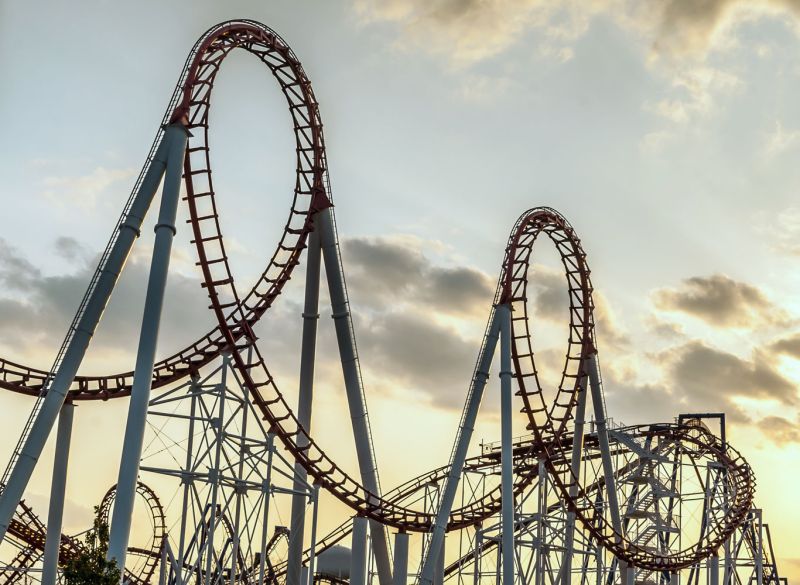Theme Park Engineering and Design club combines passion, creativity
URI engineering students use their imagination to draw up roller coasters that lead to big opportunities. PHOTO CREDIT: https://www.linkedin.com/in/erikuriegas/
Engineering may not be the first thing to come to mind when thinking about creative expression for many people, but for one club at the University of Rhode Island, it is.
The Theme Park Engineering and Design Club (TPED) is a club created for students interested in creating and designing theme parks and rides.
The club, which meets Thursdays in Davis Hall, designs roller coasters and other theme park rides, both for fun and for competition, some sponsored by large companies.
“During the fall, we compete in a Disney Imaginations Design Competition,” Rebecca Fabrizi, president of the club, said. “They give us a rubric either based on a ride or a park and say you have to build a ride based on this criteria.”
This competition can lead to some big opportunities, such as interning at Disney World as an imagineer.
In addition, they participate in a similar competition, called the Cornell Theme Park Design competition, run by Cornell University in the spring.
Due to the COVID-19 pandemic, there was not a Disney competition this fall, but the club still continues to meet and brainstorm, creating new ideas for parks and park rides.
“What I usually like to do is I put a challenge on the board of a ride design like ‘you guys have this criteria’, everyone would design a ride or a park and everyone would share their ideas at the end,” Fabrizi said.
Fabrizi said she has been interested in theme park design for a long time, going back to using 3-D printers to make her own copy of the seats in the park rides as a child.
For some people, theme parks are what got them interested in engineering. Fabrizi changed her major to mechanical engineering when she realized that theme park engineering was a career path. For others, such as secretary Rosie Soden, an ocean engineering major, the club is more of a creative outlet.
According to Soden, ocean engineering is more analytical and less collaborative, while in theme park engineering, collaboration is a vocal point.
“In my classes and everything it is far less collaborative, and when we do collaborate it’s more like ‘you’re going to do these math problems’, but with TPED, it’s really opened my eyes to the idea of other people’s perspective,” Soden said.
For some members of the group, like Fabrizi, theme park engineering is the end goal after college.
Fabrizi says that she would like to build her own theme park some point down the road, where she can tell her own stories and design rides based on original ideas.
Others, like junior engineering major Katie Carver, are looking towards Disney World. Carver’s goal is to be a Disney Imagineer.
In addition to the engineering majors, the group also has non-engineering majors who are also attracted to the creative aspect of the group.
“When we were at First Night, one of our things was that it’s not just for engineering majors, and that’s really true,” Soden said. “It’s like world building. You get to create characters and bring them to life, you get to create these worlds and then bring them to life, it’s more than just writing or making movies.”
The club will be participating in the Cornell University competition this year and are continuing to design theme park rides on Thursdays in Davis hall.





